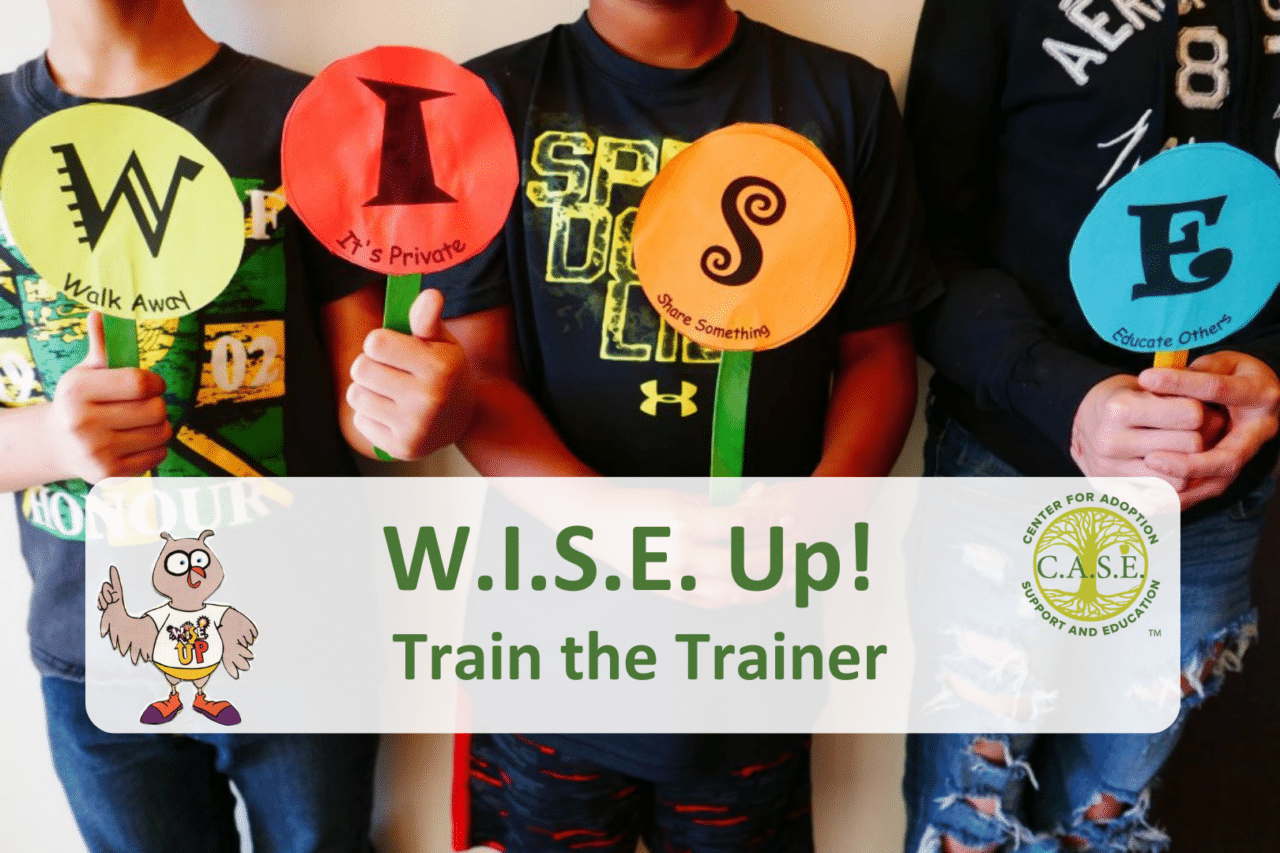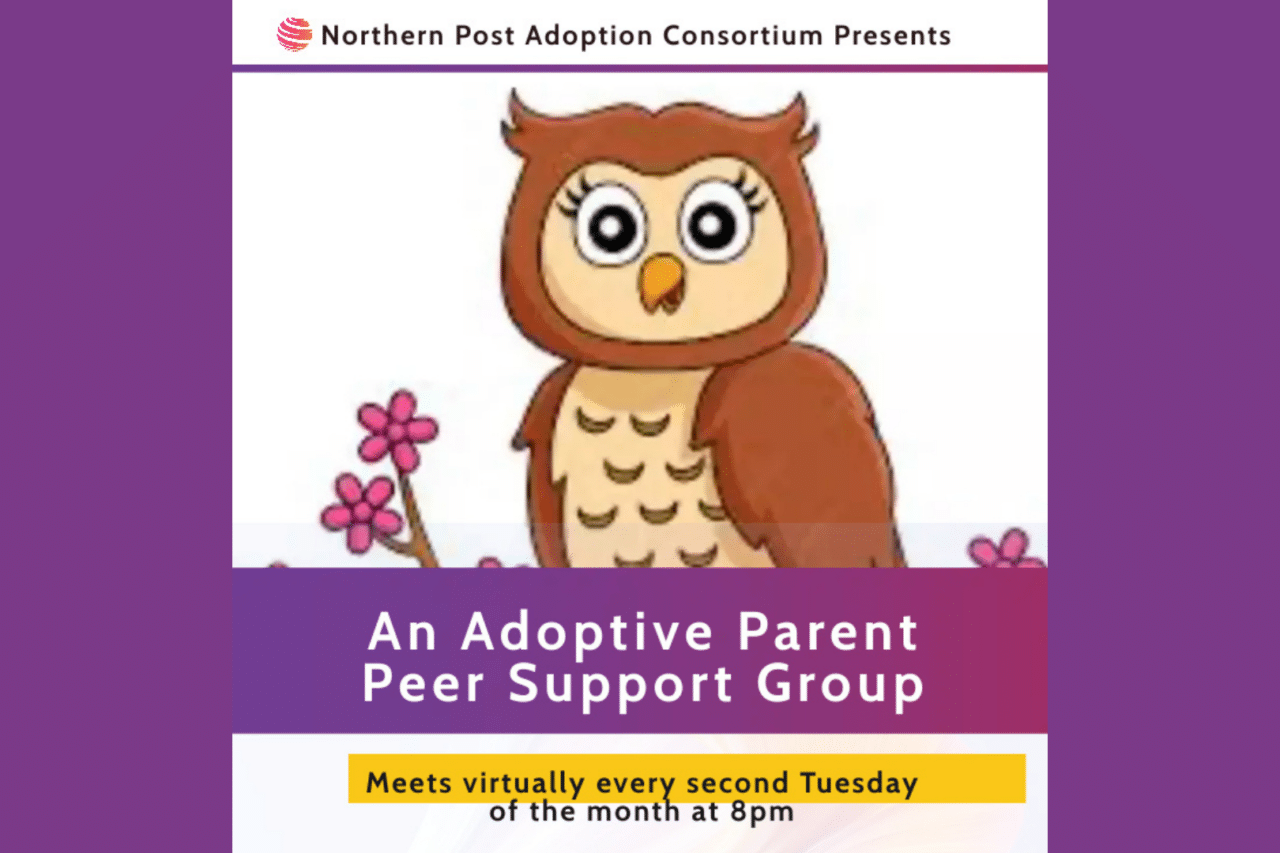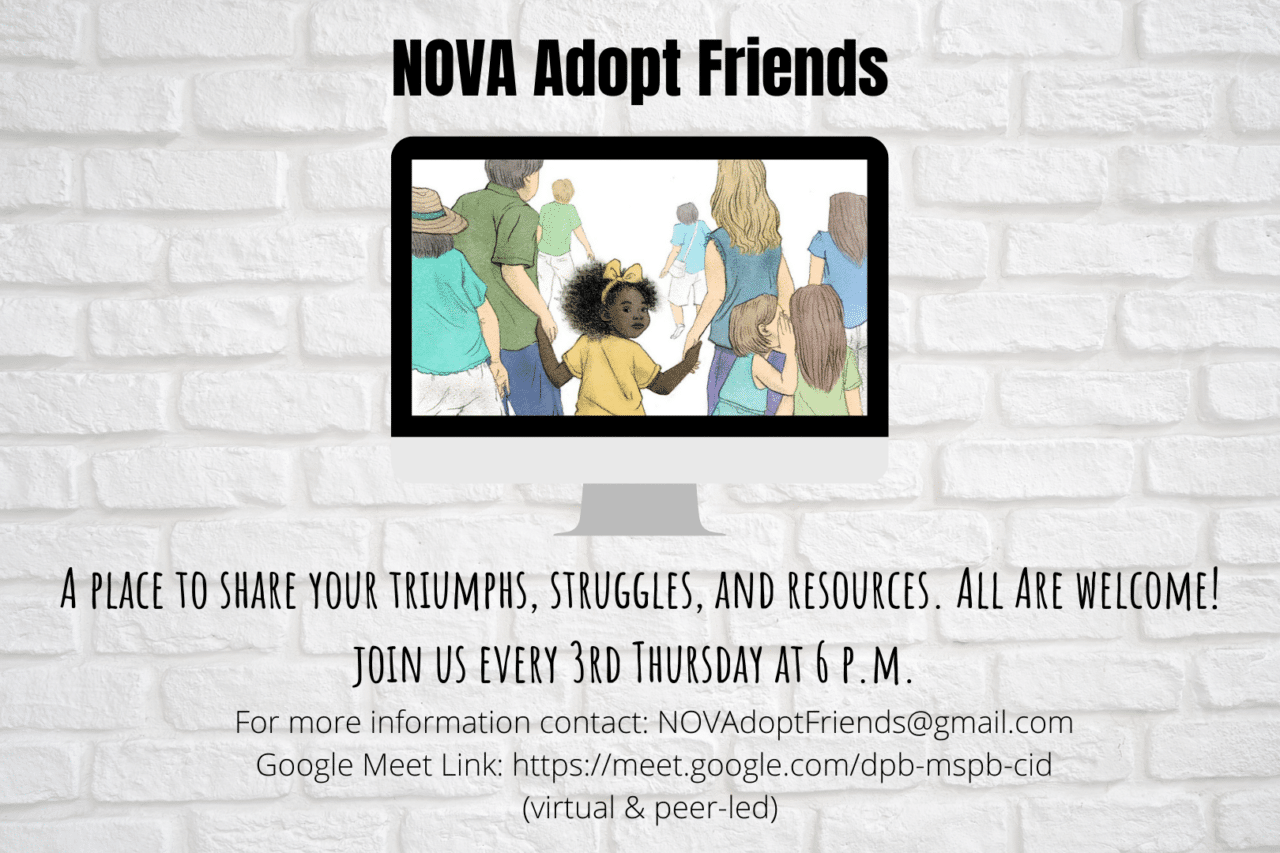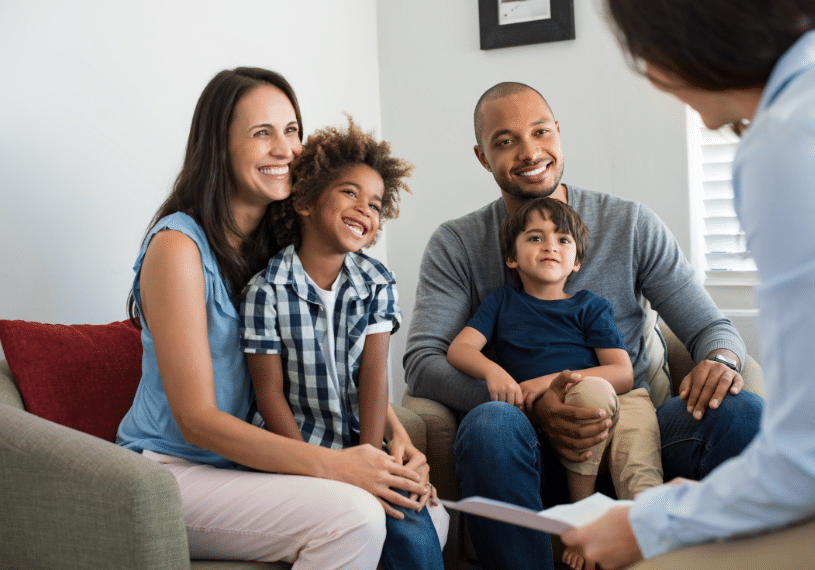How Parent’s Unresolved Feelings Can Harm Children
How Parent’s Unresolved Feelings Can Harm Children

“When I was your age” is a typical parent go-to. “When I was your age, we walked to school in the snow.” “When I was your age, we already had jobs.”
Parents frequently find themselves warped back in time to the age of their children, thinking about how they saw the world at the same age and how others treated them. In many cases, the picture is not a rosy one. Parents might not say this to their children but may think to themselves, “When I was your age, my parents hit me.” “When I was your age, I was told I was a failure.” “When I was your age, I was abused when Dad lost control.”
A parent’s desire to protect their children from the harsh realities of their own past may cause them to minimize or hide their own pain, grief, and loss. The aftermath of what parents have experienced is not something that lingers without consequence. Our loved ones are touched by the trauma that we have experienced whether shared or hidden. When parents do not acknowledge and address their own experiences, similar traumatic events may happen to their children, sometimes by parents’ own hands and words.
Parents frequently say. “We were just trying to protect them,” when asked why they had not shared meaningful (albeit challenging) information about their own family histories or trauma with their children. The ways we often ‘protect’ children is to withhold information from them. We often think that keeping them from knowing our own histories will shield them from the darker parts of the human experience in attempts to protect their innocence.
The Affects of Unresolved Trauma
Children who have interacted with the child welfare system or are adopted, may have endured circumstances that led them to learn about the harsh realities of the world at incredibly young ages. They want and seek clarification about their own histories, and seek adults they can trust to share their life experiences and vulnerabilities. This sharing helps them to see that they are not alone, that others have unfortunately been hurt as they have.
But parents who haven’t dealt with their own traumas often push traumatic memories away because acknowledging them feels overwhelming. They fear it will consume them and take them “off course” from daily life of parenting, being productive at work, and attending to the needs of their loved ones.
However, withholding difficult experiences from their children and other loved ones is like not attending to a medical condition that lays dormant in our systems. At any moment, and especially without treatment, it can flare up. For parents, their triggers can, and often lead them to lash out at their children in ways that amplify their past traumatic events perpetuating feelings of fear, shame, and sadness. This lashing out can result in yelling or hitting, but it can also be experienced emotionally – by giving children the silent treatment, pulling away, withholding love. Parents with unresolved trauma may inadvertently pass their distress onto their children, modeling behaviors that unintentionally create more trauma for their children. This can be especially devastating for children who are adopted and already struggle with feelings of loss, separation, abandonment, or rejection.
Parents who have experienced trauma must prioritize getting help for themselves for their own well-being but also to create and maintain a healthy, stable, nurturing home for their children. Seeking therapy and support will foster healing and break generational cycles of trauma.
Seeking Healing Support
There are many avenues to help. Parents can seek the support of a therapist or pastoral counselor to begin the healing from a traumatic past. Parent support groups can provide a network of others who understand and have had similar experiences – to help to remove the stigma and feeling of aloneness they may be experiencing. For some parents, reading books and participating in webinars may help them better understand what they are experiencing. Support may also be found in their friendships, partners, and other natural supports. There is no one right way to get help. But the goal is for parents to examine their own trauma and start the healing to break the cycle. Years from now, we want today’s kids to say to their own children “When I was your age, my mom got the help she needed to process her grief. She even said she was sorry for some of the things she put me through.” Or “My dad realized he had problems and got help. That’s when our relationship got so much better!”







